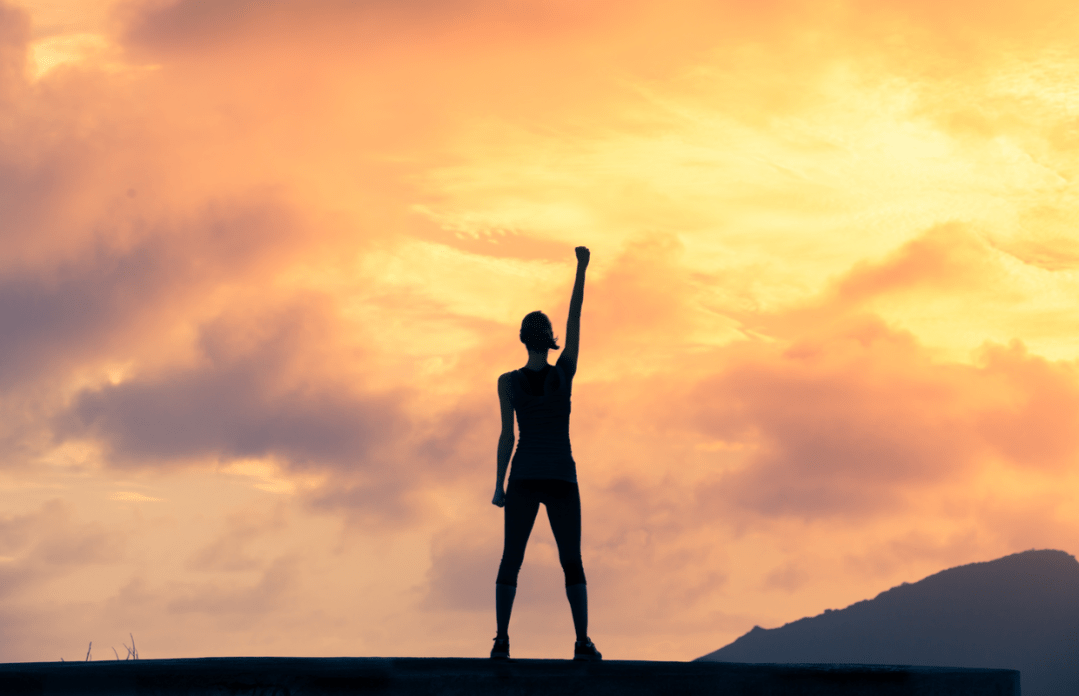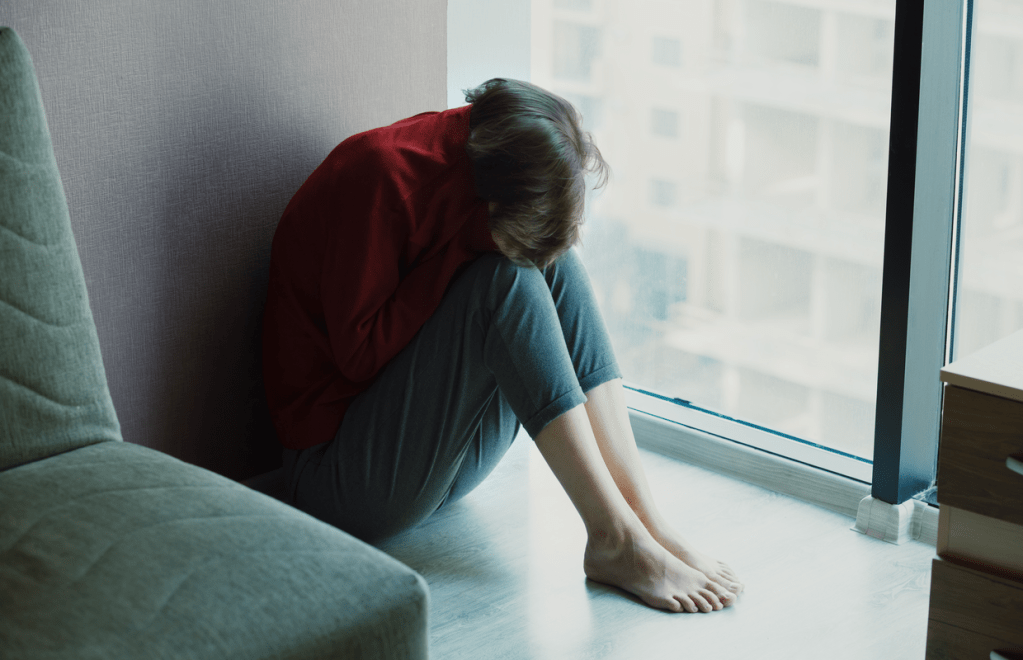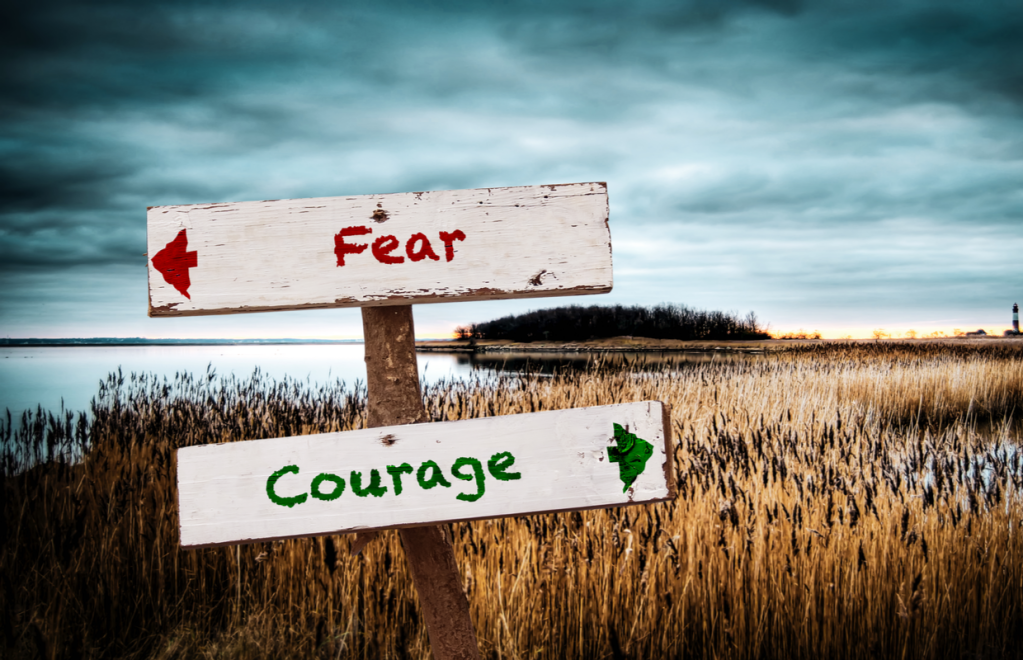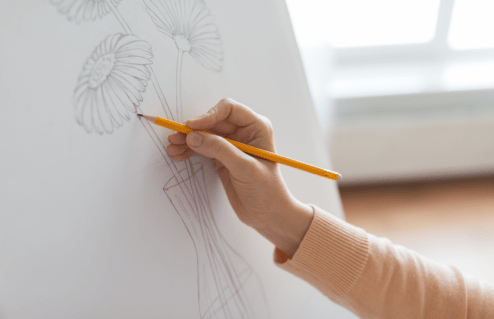How to be more courageous – according to brave people
Polly Morland speaks to some of the bravest people around the world to learn about the concept of bravery and how to be more courageous...

You don’t have to born brave to exhibit courage in your life. By listening to the wisdom of others, we can all learn how to be more courageous, as Polly Morland discovers…
Back in 1942 in Manhattan, just as America joined the terrifying whirlwind of World War 2, a pianist called Bernard Gabriel assembled a small group of performers who had one thing in common – they wanted to cure their stage fright.
They practised confronting their fear, acting as a hostile, booing audience for each another as they practised. This attracted a flurry of local press coverage. 70 years later, Polly Morland stumbled across the story of this group, known as The Society of Timid Souls.
A self-identified ‘pathological worrier’, Polly Morland spent 15 years producing and directing investigations into hard-hitting subjects, including 9/11 conspiracy theories and organised crime. But she felt the daring or bravery she encountered in her work had never truly manifested itself in her own character.
Inspired by the Timid Souls, she decided to leave her job and pursue the concept of bravery. She travelled the world to speak to some of the most courageous people she could find. Her quest? To learn how to be fearless.
We caught up with Morland to discover what she has learnt about the concept of bravery and how to be more courageous…
What was it about The Society of Timid Souls that caught your eye?
‘I loved its smallness and concurrence with a frightening macro event. ‘They gathered for the first time four or five weeks after the Japanese bombing of Pearl Harbor, when America joined the war. The world was in crisis and here was this little group, trying to overcome their own small fears. It seemed to me to have great resonance with the problems we face today.’
Do you feel that we live in an age of timid souls?
‘What I observed as I started looking around is that the years since 9/11 have ushered in an age of anxiety. If you listen to the media, it appears there is a huge amount to be frightened of: terrorism, climate change, the recession.
‘But we are safer than ever; there’s been a steep rise in health and safety culture, which has cultivated a level of risk aversion. We’re in a time that’s quite closeted and comfortable, yet we seem to be quaking in our boots culturally.’

The Society of Timid Souls was focused on training its members to be courageous. Can people learn how to be more courageous?
‘There is nobody who is brave who has not learnt to be, and to some extent that’s the human experience. Part of the growing-up process is learning how to be more courageous so we can face what troubles us.
‘But there are also all sorts of formal levels of training. In the military, they use battle inoculation, which trains you to be less shocked by the horrors of war; soldiers train in mocked-up Afghan villages in Salisbury, with faked attacks and real explosions.’
There is nobody who is brave who has not learnt to be, and to some extent that’s the human experience.
Polly Morland
What part do our stories of bravery play in our ‘training’?
‘Bravery exists as much in the telling as in the doing, it is how moral frameworks are disseminated. Stories of bravery are a snapshot of what we feel is important, of our fears and what we admire. Stories of other people’s bravery can help shore up our nerve.
Is it possible that we might compare ourselves to these stories of bravery and feel intimidated?
‘Raghu, an ex-civil servant in India who helped set up an anonymous whistle-blowing website to tackle corruption, reads Gandhi to gain clarity of thought. He said to me: ‘We didn’t have more remarkable people in 1947’.
‘The point is there’s the potential within lots of people to do very good things. However, in raising up heroes and icons of moral courage as though they’re cut from a different cloth, we could make bravery seem less attainable than it actually is.
‘I believe you can learn how to be more courageous from stories that bring out these different elements of bravery. There are lessons to be learnt at a small level that will help you to be braver in your own life. We should remember that these impressive, extraordinary people have gone through a process of overcoming something, too.’

Are there different kinds of courage?
‘I think there is a range of natural dispositions of bravery. Bernard LaFayette, an American civil rights activist who took part in the Freedom Rides of the 1960s, said real moral courage is contemplative. There’s an aspect of thinking about an act of bravery in advance that requires a more constructive level of overcoming.
‘But we can’t say considered courage is any braver than extraordinary instinct, such as Sally Ann Sutton who jumped in the path of a crazed Rottweiler that was about to attack a baby. She showed an immaculate instance of courage and would state very firmly that it was just instinct. They’re just different kinds of courage.’
Do you think being brave is the key to a better life?
‘I think fear can stop people from living to their full potential. The big-wave surfers and base jumpers I met – even many soldiers – would say despite the dangers, they’ve really lived. Rafaelillo, a famous and loved bullfighter I met in Seville, said: ‘We must not let fear spoil the day.’ There’s wisdom in that. It’s fine to be scared, but don’t let it ruin things for you.’
‘We must not let fear spoil the day.’
Rafaelillo
How did meeting these hugely brave people with their stories of courage affect you as a ‘timid soul’?
‘There was more than one occasion where I got in the car after an interview and sobbed over what they’d told me. Hal Finney, a brilliant computer scientist in California, who was diagnosed with a degenerative motor neurone disorder called ALS, went from running a half-marathon in 2009 to being on a ventilator and unable to speak a few years later.
‘He and his wife were incredible. Theirs was the opposite of epic war bravery; they’re just at home, working out how to live with this. I was so inspired by their lack of anger and the joy they managed to find.’

Has this journey helped you learn how to be braver and more courageous yourself?
‘If there was one thing to come out of it for me, it’s knowing that we need to have something to be brave for. LaFayette said: ‘We all have the potential to be brave. You have to have a goal or a cause and if it means enough, then you will strengthen.’
‘Every person I spoke to was afraid of something. Even Rafaelillo, despite putting himself in the path of an enraged bull countless times, was terrified of contracting a terminal illness like his brother-in-law. The point is, we don’t have to overcome every fear we have. We just have to overcome the one that’s stopping us from getting what we want from life.
‘It has changed the way I react to all sorts of little things. I have tried to cultivate some ingredients of courage. For example, I try to be more decisive – indecision is the enemy of bravery. I won’t know whether it’s made me any braver until I’m faced with something I have to be brave for.
‘Perhaps I’ll always be a timid soul. However, there are definitely a few key moments in the past where I know I let my timidity hold me back to the point of inertia. Hopefully, now I won’t.’









